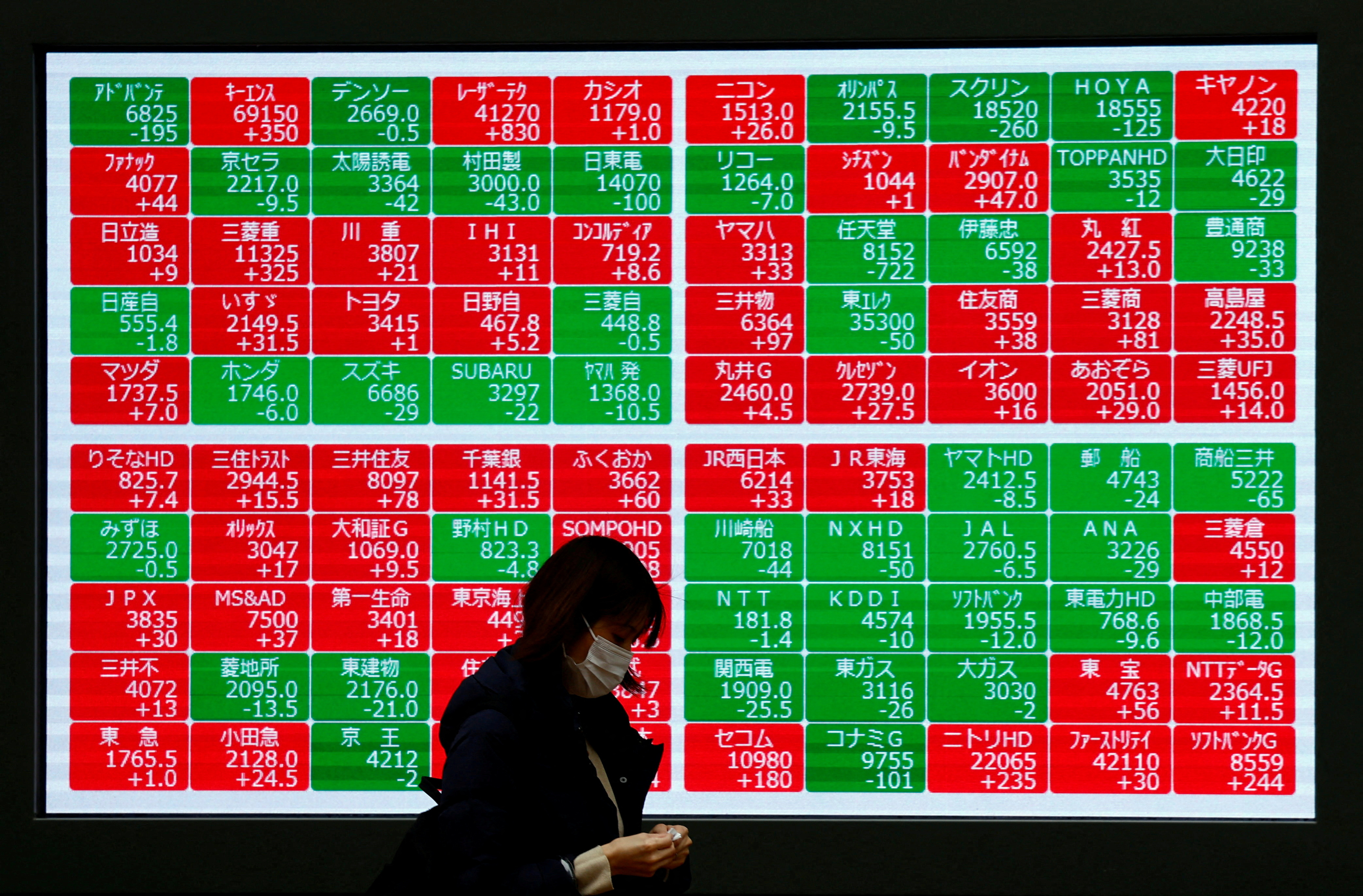
Report on Sexual Orientation and Gender Identity (SOGI) Data Collection in US Outpatient Oncology Clinics
Introduction
Despite the critical importance of Sexual Orientation and Gender Identity (SOGI) data in addressing healthcare disparities and ensuring accurate representation of diverse patient populations, its routine integration into cancer care remains inconsistent. This report summarizes recent research published in JAMA Network Open that identifies key factors influencing the collection of SOGI data in US outpatient oncology clinics. The findings have significant implications for advancing Sustainable Development Goals (SDGs), particularly SDG 3 (Good Health and Well-being), SDG 10 (Reduced Inequalities), and SDG 16 (Peace, Justice, and Strong Institutions) by fostering inclusivity and equitable healthcare access.
Study Overview
- Researchers conducted interviews with 62 healthcare professionals (HCPs) from 23 cancer centers across diverse geographic locations between September 2022 and August 2023.
- The study aimed to understand organizational, technological, and cultural factors affecting systematic SOGI data collection.
- Sampled centers were primarily academic (61%), urban (74%), and had expanded Medicaid coverage before 2019 (83%).
- Participant demographics included 42% female HCPs with an average age of 46 years.
Current Status of SOGI Data Collection
- Only 30% of centers (7 sites) systematically collected SOGI data on all patients.
- 48% (11 sites) partially collected SOGI data or had partially implemented collection plans.
- 22% (5 sites) did not collect SOGI data due to lack of structured electronic health record (EHR) fields or disabled data collection mechanisms.
Context and Policy Framework
- The Centers for Medicare & Medicaid Services (CMS) mandated EHR capability to document SOGI data over a decade ago.
- The American Society of Clinical Oncology (ASCO) issued calls for SOGI data collection in 2017 and 2023, highlighting persistent disparities faced by sexual and gender minority (SGM) patients.
- Most centers held accreditations and affiliations supporting equity, including:
- American College of Surgeons Commission on Cancer accreditation (83%)
- Human Rights Campaign Healthcare Equality Index adherence (57%)
- ASCO Quality Oncology Practice Initiative Certification (44%)
- National Cancer Institute designation (35%)
- National Standards for Culturally and Linguistically Appropriate Services compliance (9%)
Key Drivers of Consistent SOGI Data Collection
Facilitating Factors
- Clear directives with mandatory workflows for SOGI data collection.
- Structured EHR fields dedicated to SOGI information.
- Strong leadership support and administrative champions.
- Recognition of the clinical relevance of SOGI data.
- Regular reinforcement and training to sustain data collection practices.
- Use of technology to embed SOGI questions in patient portals and clinician prompts.
- Regular audits to monitor progress and identify improvement areas.
Regional Variations
- Centers in the Northeast reported the highest community acceptance of SOGI data collection.
- Midwest and Southern centers emphasized the critical importance of community trust before implementing data collection improvements.
Barriers to Consistent SOGI Data Collection
Identified Challenges
- Lack of mandates from payers or accrediting organizations leading to non-collection in 22% of centers.
- Partial implementation delays due to state-level policies in 48% of centers.
- Healthcare professionals’ discomfort in asking SOGI questions due to insufficient training.
- Concerns about patient safety and potential community backlash, especially in regions with high social or political stigma.
- Perceptions that SOGI data are unrelated to clinical care, reducing motivation to collect such information.
- Limited leadership backing correlating with lower rates of SOGI data collection.
Strategies to Overcome Barriers
- Implement multifaceted approaches supported by institutional policies and accreditation standards.
- Provide comprehensive training covering:
- Relevance of SOGI data to clinical care
- Standardized, respectful patient language
- Techniques to reduce patient discomfort
- Understanding patient perspectives on SOGI data importance
- Create supportive environments for SGM patients through inclusive language, signage, and education.
- Clarify the purpose of SOGI questions and address privacy concerns.
- Reinforce confidentiality pledges to encourage open communication and patient trust.
Implications for Sustainable Development Goals (SDGs)
- SDG 3 (Good Health and Well-being): Enhancing SOGI data collection supports equitable healthcare delivery and addresses disparities in cancer care for sexual and gender minorities.
- SDG 10 (Reduced Inequalities): Systematic inclusion of SOGI data promotes health equity by recognizing and responding to the needs of marginalized populations.
- SDG 16 (Peace, Justice, and Strong Institutions): Institutional commitment and policy mandates strengthen healthcare systems’ capacity to provide inclusive and respectful care.
Conclusion
The study concludes that factors influencing SOGI data collection are multifaceted, involving both external mandates and internal organizational elements. Although some centers collect SOGI data, the clinical application of this information varies, highlighting the need for ongoing clinician education and development of strategies to integrate SOGI data effectively into patient care. Advancing these efforts aligns with global commitments to sustainable development by promoting inclusive, equitable, and high-quality healthcare for all.
References
- Pratt-Chapman ML, Mullins MA, Gold BO, et al. Patient sexual orientation and gender identity information practices in oncology. JAMA Netw Open. 2025;8(6):e2516941. doi:10.1001/jamanetworkopen.2025.16941
- Health IT Policy Committee: recommendations to the National Coordinator for Health IT. U.S. Assistant Secretary for Technology Policy/Office of the National Coordinator for Health IT. Accessed June 23, 2025. https://www.healthit.gov/topic/federal-advisory-committees/health-it-policy-committee-recommendations-national-coordinator
- Kamen CS, Dizon DS, Fung C, et al. State of cancer care in America: achieving cancer health equity among sexual and gender minority communities. JCO Oncol Pract. 2023;19(11):959-966. doi:10.1200/OP.23.00435
1. Sustainable Development Goals (SDGs) Addressed or Connected
- SDG 3: Good Health and Well-being
- The article focuses on addressing health care disparities and improving cancer care for sexual and gender minority (SGM) patients, which aligns with SDG 3’s aim to ensure healthy lives and promote well-being for all at all ages.
- SDG 10: Reduced Inequalities
- The emphasis on collecting sexual orientation and gender identity (SOGI) data to foster inclusivity and reduce disparities among minority populations connects directly to SDG 10, which targets reducing inequalities within and among countries.
- SDG 5: Gender Equality
- The focus on gender identity and the inclusion of gender minorities in health data collection supports SDG 5’s goal to achieve gender equality and empower all women and girls, including marginalized gender identities.
2. Specific Targets Under Those SDGs Identified
- SDG 3: Good Health and Well-being
- Target 3.8: Achieve universal health coverage, including access to quality essential health-care services and access to safe, effective, quality, and affordable essential medicines and vaccines for all. The article’s emphasis on systematic SOGI data collection supports equitable access and quality care for SGM patients.
- Target 3.c: Substantially increase health financing and recruitment, development, training, and retention of the health workforce. The article highlights the need for training and education of healthcare professionals on SOGI data collection.
- SDG 10: Reduced Inequalities
- Target 10.3: Ensure equal opportunity and reduce inequalities of outcome, including by eliminating discriminatory laws, policies, and practices. The article discusses policy and accreditation influences on SOGI data collection, which can reduce disparities in cancer care.
- SDG 5: Gender Equality
- Target 5.1: End all forms of discrimination against all women and girls everywhere. Collecting SOGI data helps identify and address discrimination against gender minorities in healthcare settings.
3. Indicators Mentioned or Implied to Measure Progress
- Indicator for SDG 3.8: Proportion of population with access to quality essential health-care services. Implied by measuring the percentage of cancer centers systematically collecting SOGI data (30% fully collecting, 48% partially, 22% not collecting), reflecting inclusivity in care.
- Indicator for SDG 3.c: Density of trained health professionals. Implied through the emphasis on training healthcare professionals to collect SOGI data effectively and respectfully.
- Indicator for SDG 10.3: Existence of policies or accreditation standards mandating SOGI data collection. The article notes the influence of mandates from payers, accrediting organizations, and policies like CMS requirements and ASCO calls.
- Additional Monitoring Indicators:
- Presence of structured fields for SOGI data in Electronic Health Records (EHRs).
- Regular audits and monitoring of SOGI data collection practices.
- Community acceptance levels of SOGI data collection by region.
4. Table: SDGs, Targets and Indicators
| SDGs | Targets | Indicators |
|---|---|---|
| SDG 3: Good Health and Well-being |
|
|
| SDG 10: Reduced Inequalities |
|
|
| SDG 5: Gender Equality |
|
|
Source: ajmc.com







